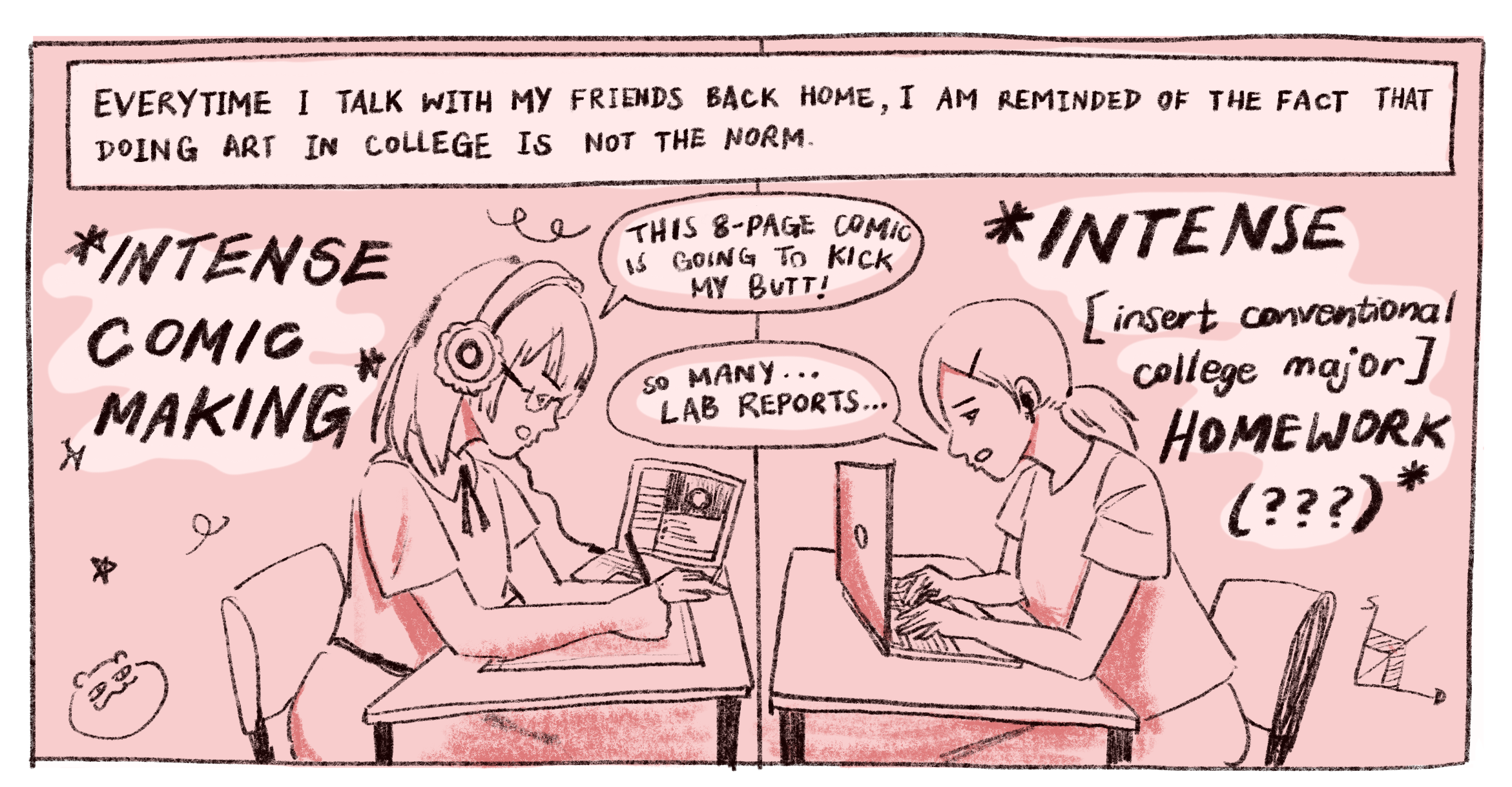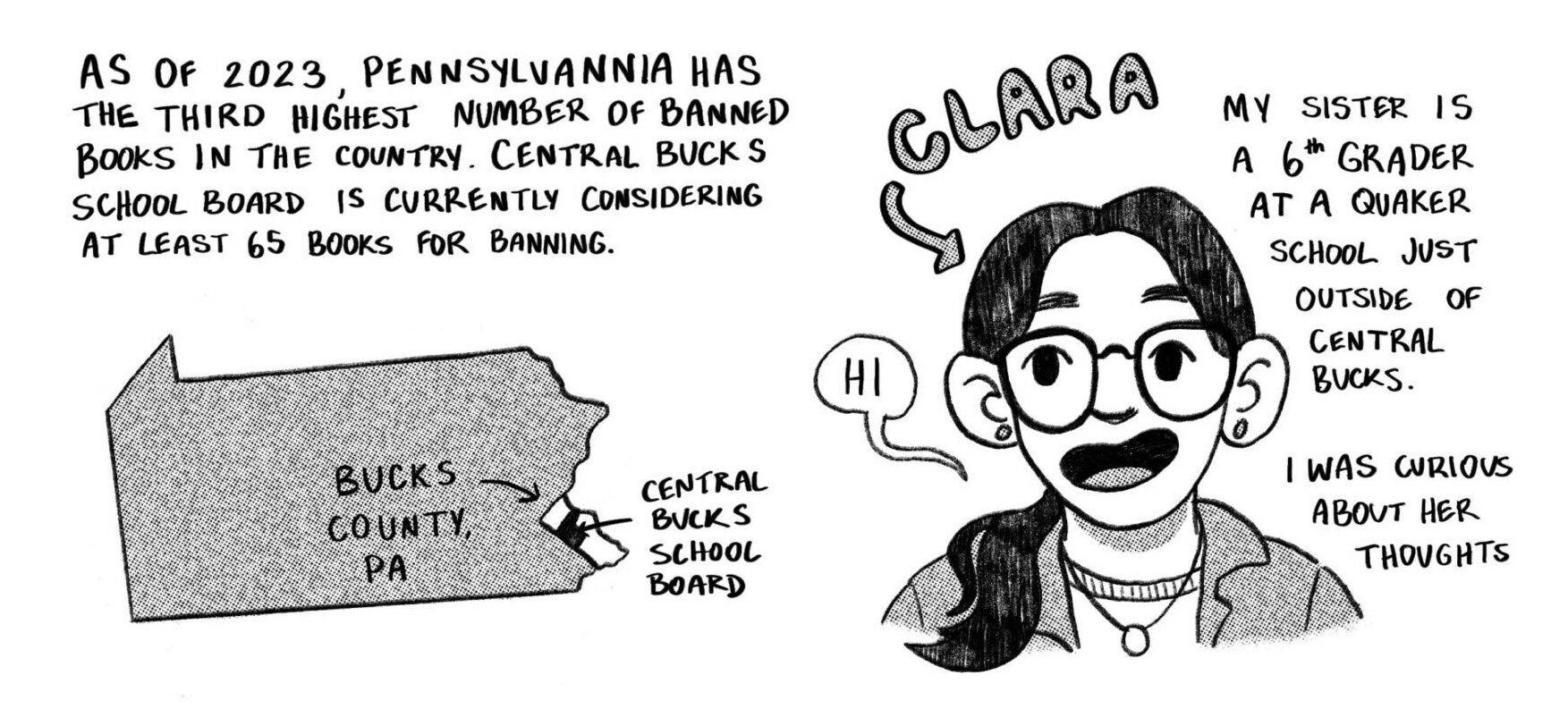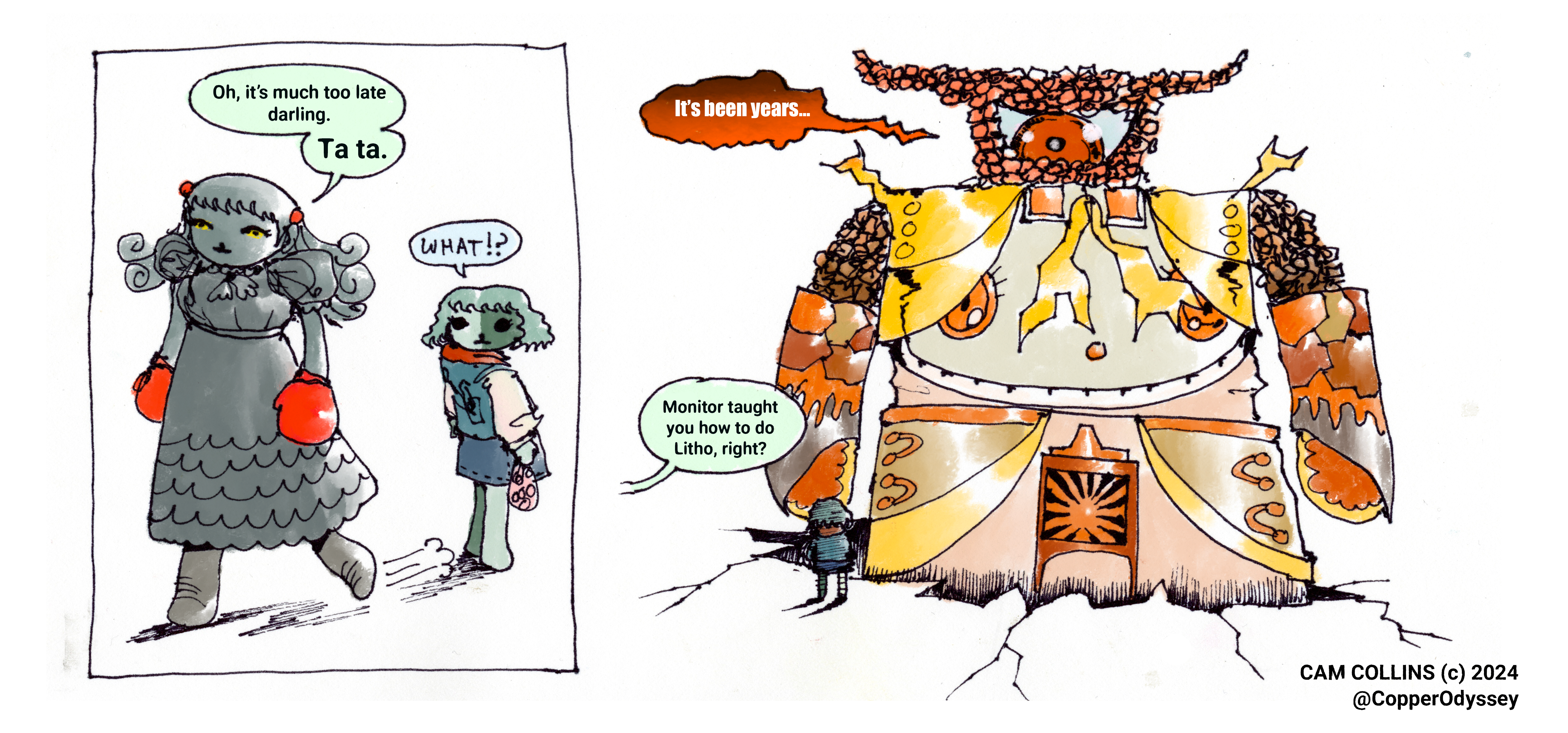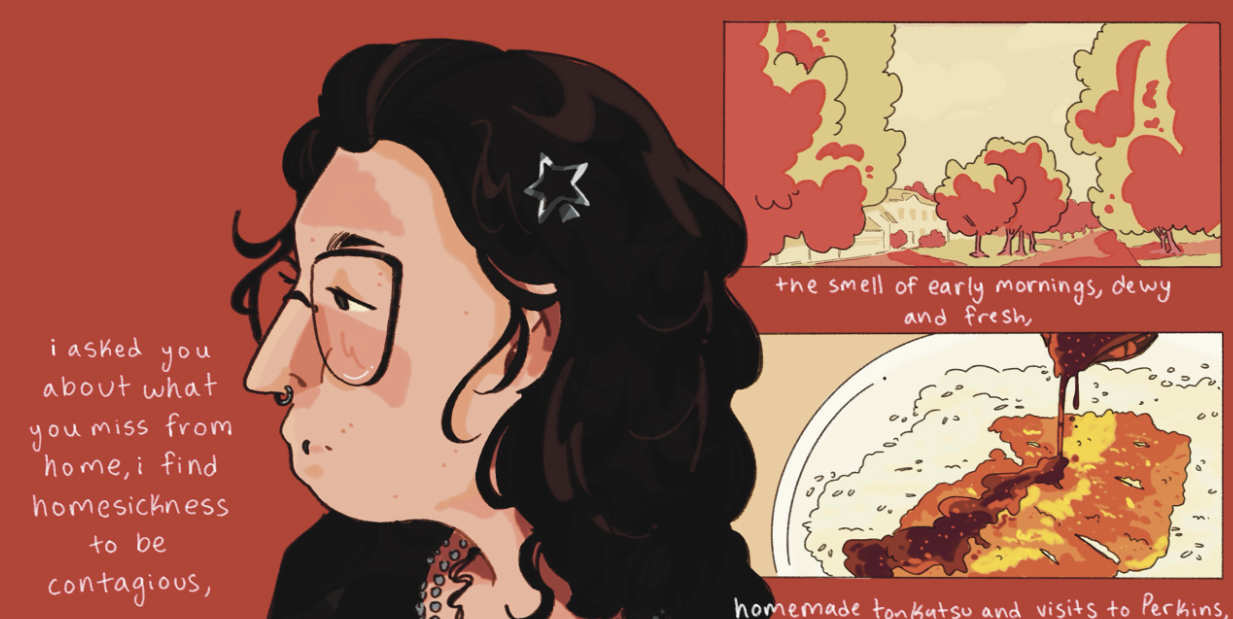At the end of August, the Chicago Publishing Resource Center (CHIPRC), a community hub for anyone interested in publishing, closed definitively due to financial concerns. In the five years it was open, the space hosted a variety of programs, from classes in Risograph printing to zine swaps. CHIPRC founder and director John Wawrzaszek looks back on some of the ups and downs of running an alternative space.
- How did you get interested in publishing, and why did you decide to start this space?
I’ve been self-publishing zines for more than a decade. When I had the idea for CHIPRC, I had just finished a fiction writing degree at Columbia College and had joined as an organizer for the Chicago Zine Fest. One of the things that I always found hard was the lack of spaces where creatives could meet, hang out, do work, and hold events. When I visited Portland in 2012, I came across the Independent Publishing Resource Center (IPRC) there. It really inspired me to open CHIPRC and pay homage to what they were doing.
- How did CHIPRC sustain itself financially over the past five years? Were there particular models (or one-time events) that worked better than others?
Money will always be a major factor in running any space. I made my own investment to start up CHIPRC, and I continued to contribute whenever there were shortfalls. The main source of income was revenue from workshops and public events rather than patronage of our workspace or equipment. We always kept our entry fees low so that there wasn’t a barrier to access programming. We had a mix of revenue from space rental, online fundraising, fundraising events around the city, selling our publications at festivals and Quimby’s Bookstore, grant funding, memberships, and private donations. It was a never-ending juggle.
- What was the strangest thing that happened at CHPRC?
There are a few events that pushed the parameters of the space. One was an art exhibit by Logan Kruidenier, who is currently a graduate student at SAIC. His exhibit, Anfang, was an interactive installation that immersed the audience in the work. He built a pond inside a mattress, provided the audience with clay to make stones, and then encouraged skipping them in the pond. We also hosted the reading series Absinthe and Zygote, which is curated by poets Toby Altman and Alix Shaw, a few times. They host poetry readings throughout the city that push the envelope of what a reading can be. For one reading, instead of chairs, they set up blankets for the audience. Another time, all the readers wore gorilla suits. For another reading, they had an American Sign Language interpreter, a projector, and a live reader, combining text, video, and performance.
- Where are the remaining publications and tools from the space right now? Are you considering donating them to an archive?
Most of the equipment and materials where things I accumulated or purchased before I knew I would open a space. I was able to hang on to some of my original material, and then I donated or disposed of many things that had accumulated in the space. I always strived to archive publications and art created at CHIPRC by creating a library for others to view the work being done in the space. I also saved all our print promotion (like flyers and calendars) and any of the zines and comics we printed ourselves (workshop zines, Mad Libs, etc). For now I will hold onto all that material. CHIPRC has friends that are part of zine libraries and archives, so I know if things needed a home in Chicago, they could find themselves cared for.
- What advice do you have for anyone running an alternative art space or interested in starting one?
Most of the things you need to do might seem easier said than done. Begin with community engagement. If you do not get buy-in support from those you wish to serve, then who will be there to support you long term?
When working with your community, seek out those who can take a more active supporting role. Having many people coordinate efforts may alleviate the pressure and stress of operating a space.
Figure out your focus and work toward that. Chicago has lots of similar outlets for art, music, and literature: where will you fit in? It’s not worth reinventing the wheel.
Consider funding and how much time you will have to devote to generating revenue.
The most important thing is, if you want to do something, do it. Don’t wait or hold back. If it fails, at least you put yourself out there and did something that most wouldn’t. Be proud of what you accomplish.
To offset CHIPRC’s outstanding costs, donate here.






















